Published

Chris Holmes
Senior Vice President at KAE Consulting
China’s FinTech industry is incomparable to the rest of the world. see more

Roger Vincent
Chief Innovation Officer at Trade Ledger
The future of finance is open. But not because of Open Banking legislation, but because the internet has unshackled information flows. see more
- 04:00 am
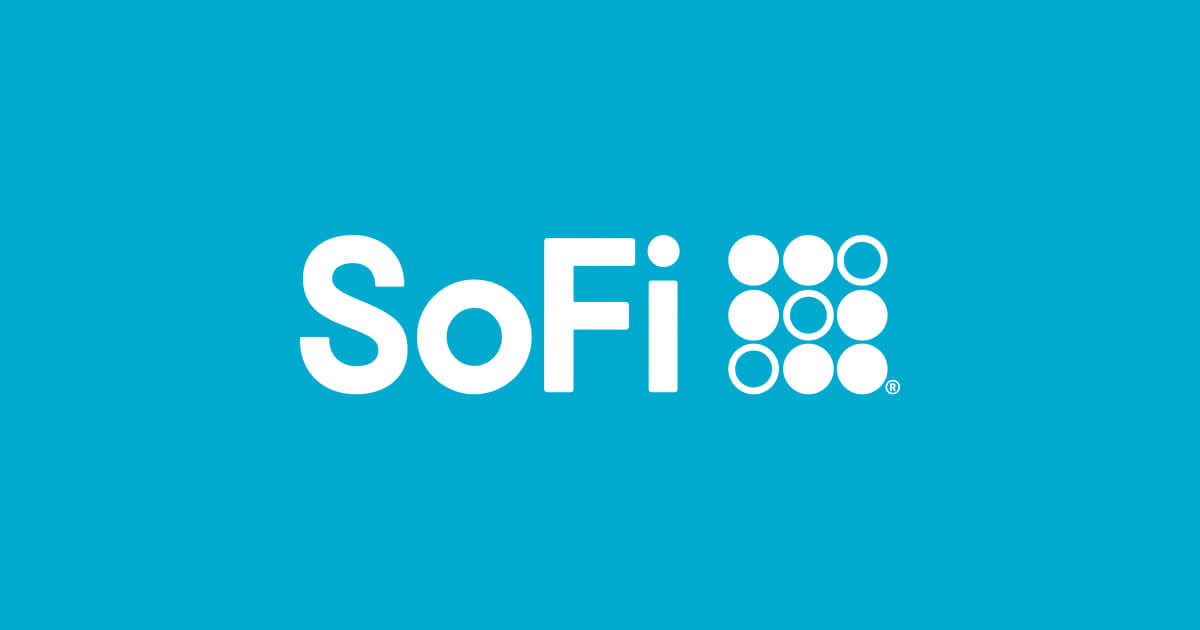
The US-based fintech has teamed up with Mastercard for its new card network. Currently, SoFi offers a debit card product to users as part of its SoFi Money product via a partnership with Visa, but under the new deal, the cards will now run on Mastercard's network.
In addition to issuing new cards to existing cardholders, SoFi is adding new benefits to its offering, including cash-back rewards, free cell phone insurance, and discounted airport concierge services. The fintech is also planning to launch a credit card with Mastercard.
The new Mastercard partnership helps SoFi offer a more rounded banking product to consumers. With SoFi's cash management account, which launched last year, users enjoy an annual percentage yield of 1.60% on all of their money and no account fees.
Additionally, SoFi reimburses its debit card users for any ATM fees worldwide. Another perk is a 20% cash back on all Lyft rides when paying with SoFi Money. These features will likely continue to be available after SoFi switches from Visa to Mastercard.
Adding a credit card can help the fintech further boost loyalty toward its SoFi Money platform: While the credit card space is highly competitive — US consumers have an average of nearly four credit cards — 64% of US consumers say they haven't found their ideal credit card, but believe they can, per Experian data from 2017, suggesting that plenty of consumers would be willing to try out a new credit card given the right perks. As such, the success of SoFi's new product will likely hinge on what perks the company offers, and whether they'll be enough to win over users.
Though it started out with a narrow scope, SoFi has been busy rebundling finance — and betting on both in-house developments and partnerships will likely pay off. Initially, SoFi focused on student loan refinancing, but it has since diversified its product suite.
Last year, it launched SoFi Invest, offering both active and automated investing options at no fee, in addition to a series of exchange-traded funds (ETFs). It also offers personal and home loans, and provides insurance coverage via partnerships with insurtechs like Lemonade, Root, and Ladder for home and renters, auto, and life insurance, respectively.
Building some services in-house while relying on partnerships for others will likely help SoFi bring new products to life at a quick pace via its platform, helping it streamline the user experience and remain competitive as an increasing number of fintechs are looking to become a one-stop-shop for all financial needs.
Related News
- 03:00 am

ARM Insight, the leading provider of actionable insights from financial data, today announced the availability of registration for the company’s upcoming launch of its Enlightmint research tool. Qualified equity analysts and portfolio managers may now register to be one of the first to take advantage of the tremendous insight provided through millions of consumer transactions across more than 1,600 companies and 430 tickers.
Enlightmint offers professionals in the asset management industry access to an intuitive SaaS-based visualization tool composed of key business metrics informed by empirical card transactions. Dashboards can be self-tailored to reveal inflection points transaction trends for specific merchants and stock tickers or for specific industries, including consumer technology, brick and mortar and online retail, restaurants, streaming services and more. Drilling into cohorts, geographic and demographic information is made easy with adaptable dashboards.
Enlightmint provides transaction data sourced directly from financial institutions and payments companies, providing unparalleled insights across nearly all payment types. The data that powers Enlightmint has been processed through the ARM MimicTM synthetic data engine. Mimic eliminates all personally identifiable information (PII) within the raw transactional logs by creating a synthetic representation of every transaction. The synthetic data maintains statistically-accurate transaction information without carrying any of the risk associated with consumer privacy, allowing Enlightmint to fit well within the compliance requirements of most investment firms.
Enlightmint users are able to access one of the largest consumer transaction panels, with the broadest demographic and geographic coverage available today, to identify key consumer payment insights. With three years of historical transaction data, Enlightmint also provides visibility into groups that are traditionally underrepresented in other transaction data sets, including Millennials, Generation X, Gen Z, as well as early adopters of innovative financial products and technologies.
The service is offered at a price that makes the power of big data available to a much broader range of portfolio managers than other legacy transaction data sources.
“Financial transaction data has become a major differentiator in the asset management world in recent years,” said Randy Koch, CEO, ARM Insight. “Historically, only the largest investment firms have been able to access detailed, real-world transactional information and data streams – and only at a great cost. With Enlightmint, we are making this type of empirical data available to a wider range of fundamental analysts and portfolio managers than ever before. Through our innovation, we can do this while also completely removing any and all data security and privacy risks.”
Related News
- 07:00 am

Leading digital money platform Uphold today introduces zero-commission trading on cryptocurrencies in a milestone for the industry designed to open up affordable access to one of the world’s most important new asset classes for millions of retail investors.
Initially available only on iOS and Android mobile apps, the move represents a seismic shift in a sector that until now has largely resisted the commission-free model revolutionizing stock and ETF trading. Before today’s announcement, cryptocurrencies were one of the more expensive asset classes for retail investors to trade, with fees north of 200bps on some mainstream platforms.
‘Our goal is to create the easiest and most cost-effective place for retail investors to buy and sell cryptocurrencies and other assets,’ explained J.P. Thieriot, CEO of Uphold. ‘And unlike our competitors, we’re staying true to the fundamental premise of cryptocurrencies: financial self-sovereignty.’
‘At Uphold, you can move your crypto into private wallets at will; send funds to virtually anyone, anywhere, instantly and free of charge; as well as use your holdings as a medium of exchange for payments. None of which you can do at Robinhood or Revolut.’
As an established platform listing 50+ currencies and providing account funding via seven cryptocurrency networks, debit/credit cards and bank connections in more than 40 countries - with the UK, Canada, Poland, Romania, Croatia, and Hungary added earlier this month - Uphold is the first major U.S. cryptocurrency venue to offer commission-free trading.
Simultaneously, Uphold is launching the world’s easiest trading interface, consisting of just two fields: ‘From’ and ‘To’. The ‘Anything to Anything’ screen means that a novice user can fund their account, send money to other people, or trade from any asset into any other asset directly, in two taps - on one screen.
The new interface surfaces Uphold’s unique advantage over its rivals: customers can trade directly between any supported asset, free from the limitations of Currency Pairs that still constrain choice and create unnecessary cost and complexity at many
trading venues.
Whereas on most exchanges a conversion such as Mexican Pesos to XRP would require two trades and incur two sets of fees - Mexican Pesos to USD and USD to XRP
- on Uphold, the process is one seamless, commission-free transaction.
‘In practical terms, there’s now no easier or more cost-effective way for retail investors to trade cryptocurrencies and other assets,’ said Thieriot. ‘No other platform gives customers such choice, freedom, and value for money.’
Uphold is also adding new funding and withdrawal options to the platform, which is now attracting up to 7,000 new accounts every day. For the first time, customers can fund their accounts with zero fees via credit* (and debit) cards - a new standard for the industry. Instant withdrawal to debit cards will be available in the coming weeks.
‘The convenience of being able to withdraw your funds immediately to a bank-issued debit card is going to be a huge attraction for customers,’ said Thieriot. ‘And in many parts of the world, it will be a first for a cryptocurrency platform.
‘These are the biggest changes we’ve made since we started in 2014. Together, they make Uphold the easiest and most cost-effective place for retail investors to buy and sell cryptocurrencies and break down the barriers that prevent people from investing and enjoying world-class financial choice.’
Related News
- 06:00 am
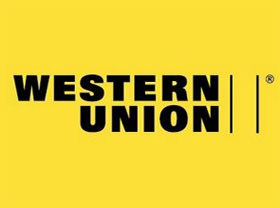
Related News
- 01:00 am
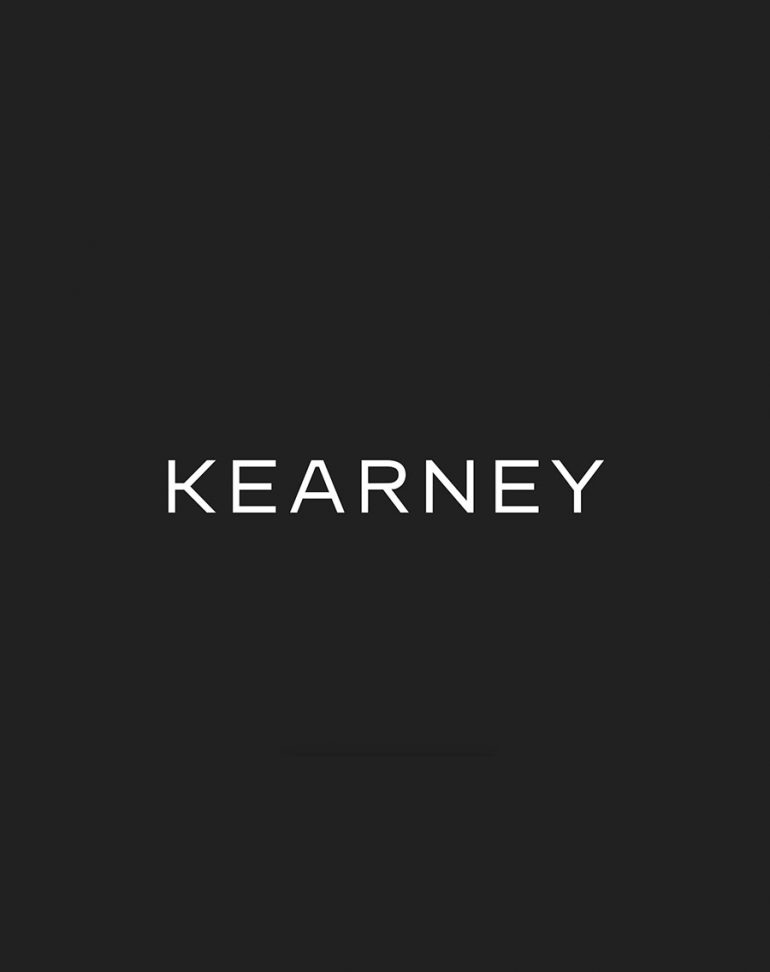
Analysis from global consulting partnership Kearney has found a growing appetite for point of sale (PoS) credit finance – otherwise known as ‘buy now, pay later’ – among younger UK consumers, with over 60% (67%) of Millennials now using this service.
While 42% of Millennials have used a ‘buy now, pay later’ service more than once in recent years, they’re not the only shoppers using these services. A majority of consumers in Generation X (57%) have also used this type of at-checkout finance, with over a third (34%) having done so more than once.
The report, ‘Credit uncrunched: why banks and retailers must develop more PoS credit services’, revealed that while adoption is low overall – 41% of UK shoppers have still never used these services – consumers would be more willing to use these credit options if they provide ease of use, value for money and transparency over any charges.
Point of sale credit finance has been used in different forms for a long time, but in recent years, this market has changed significantly with the introduction of new services including PayPal Credit, Klarna and Clearpay. As these services have become more available, consumers are becoming more open to this form of credit.
Nearly 60% (58%) of shoppers would use PoS credit for a purchase over £250, whether or not they could pay the full price up front – including 12% who would use the credit to trade-up and buy a more expensive product.
Over a quarter of shoppers (26%) would use ‘buy now, pay later’ options if they couldn’t afford their purchase immediately, including 13% who would rather do this than save up for the item(s) they wanted to buy.
The report also showed that consumers are increasingly using it as a way to choose which retailers to shop with. Nearly 40% of shoppers (37%) said that if making a purchase costing £250 or more, they would prefer to buy from a retailer that offered a ‘buy now, pay later’ option. This is especially true for younger shoppers – over half (51%) of Millennials and 42% of Generation Z agreed.
Sameer Pethe, Principal at Kearney comments:
“The findings outlined in this report reveal the potential opportunities for a service provider to be able to develop and market a genuinely easy to use, transparent PoS credit service. Today, this is a very fragmented market: a good proposition linked to a trusted brand could capture a substantial market share.
Retailers who understand their role in responsible lending can stand to benefit from offering ‘buy now, pay later’ credit services. For some consumers, access to PoS credit is now a reason to use a particular retailer – and this trend will become more significant as the market for these services continues to grow.”
Related News
- 05:00 am
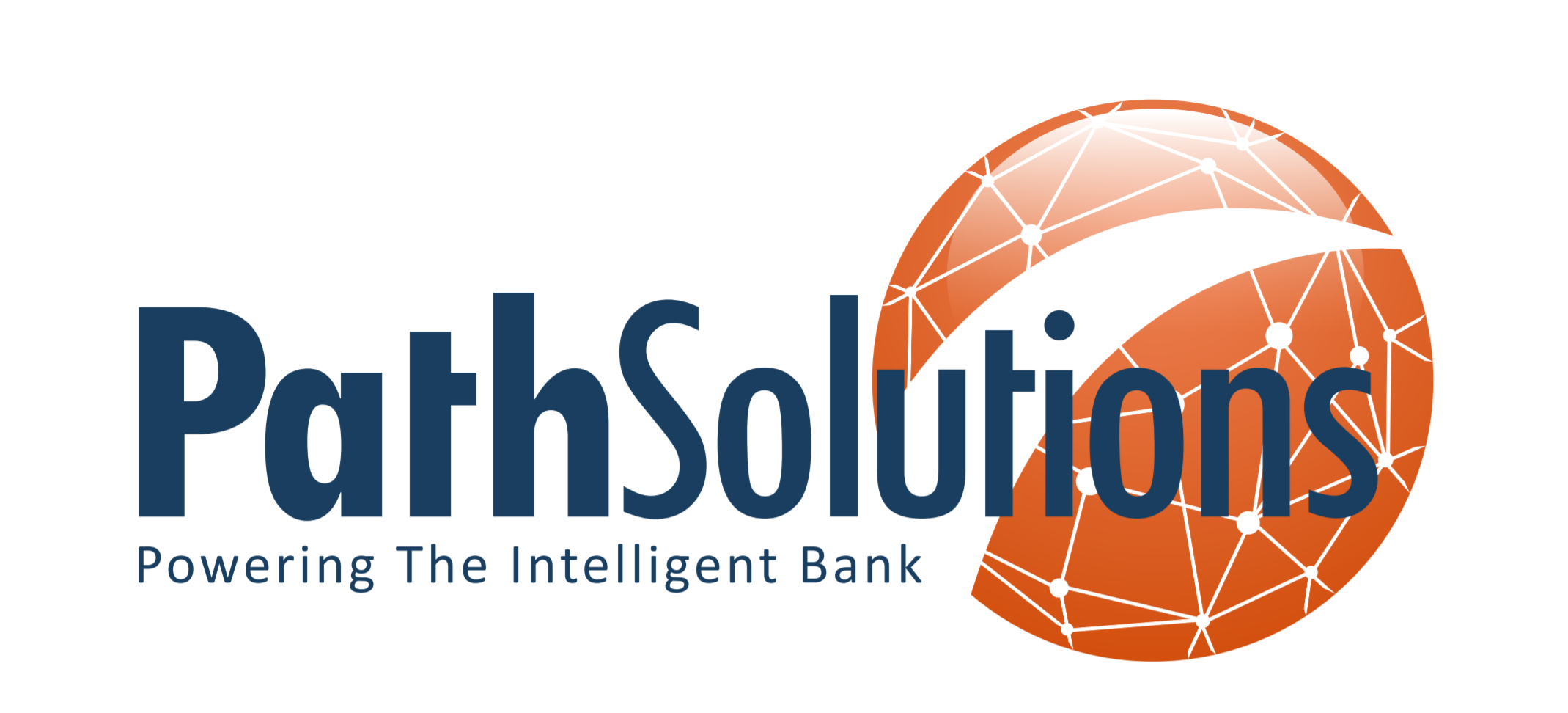
Path Solutions, a worldwide provider of Sharia-compliant financial technology solutions, has announced that it signed Al Khaleej Bank in Sudan to its core banking platform.
Al Khaleej Bank complies with the Sharia law and focuses particularly on corporate finance and microfinance, in addition to financing development projects including agricultural, animal and industrial associated fields while providing services such as deposits, automated teller machines, online banking and more.
Dr. Ali Omer Ibrahim Farah, General Manager of Al Khaleej Bank Sudan, said, “Al Khaleej Bank aims to play a leading role in the banking sector that can contribute to the economic development in Sudan. The bank has high ambitions as well to be the leading banking institution locally, regionally, and distinguished internationally. Our goal in selecting Path Solutions is to better align with our customers’ expectations by offering innovative banking and payment solutions consistent with our bank's business strategy. The company’s iMAL rich banking functionality is the perfect partner for our ambitious project. We are confident that we will be able to provide a seamless customer-centric experience with digital banking tools in a responsive and integrated environment. Additionally, we believe Path Solutions truly understands our culture and values and will focus on supporting our customers with quality products and services based on the Sharia law”.
“At Path Solutions, we remain dedicated to providing the ideal combination of industry-leading technology, process-driven methodology and stellar support that appeal to both current and new clients”, said Mohammed Kateeb, the Group Chairman & CEO of Path Solutions. “We are excited to partner with Al Khaleej Bank and help them grow by offering an innovative banking experience that benefits both their employees and customers alike. iMAL’s unique architecture will deliver the agile scalability needed for Al Khaleej Bank to realize its growth aspirations and support financial inclusion in Sudan”.
iMAL is a next-generation platform with embedded Service-Oriented Architecture (SOA), addressing the core banking, Islamic banking, omnichannel, payments, treasury, origination, liquidity management, risk management, artificial intelligence and analytics, and blockchain requirements of financial institutions to drive business excellence.
Related News
- 02:00 am
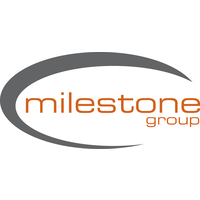
Asset managers are increasingly acting to adopt resilient oversight and contingent NAV solutions, in the face of ongoing regulatory attention and maturing automation solutions. This is according to new research from institutional fintech firm Milestone Group, who have been directly engaged in developing these capabilities for the global investments industry.
Released today, the Outsourcing and Oversight Report 2019 highlights a number of significant industry trends. A key finding was the increase in emphasis on oversight with all asset managers surveyed across North America and Europe undertaking some form of oversight, which enables firms to oversee outsourced fund administration operations. This was up from 65% when compared to Milestone Group’s previous research from 2014. The survey also identified a material increase in concern over cyber-risk with 30% of respondents indicating it is a motivating factor in considering contingent NAV arrangements, which was not a consideration five years ago.
During the period, it seems some high-profile cases of service provider outages have instigated an air of additional caution, with 87% of respondents pointing to avoidance of reputational damage as the primary driver for oversight. In parallel with this, regulators are raising the bar for demonstrating best practice with most firms expressing awareness of increasing regulatory scrutiny. And this looks set to continue with most firms expecting more regulatory focus on oversight over the next five years, and 52% also expecting a similar increase in focus on contingent NAV capabilities.
Some contradictions also emerge from the research. Firstly, there is a high level of recognition that automation is integral to achieving efficient and resilient fund oversight, but manual spreadsheets are still utilized as part of the oversight function by around half of respondents.
Similarly, while nearly all respondents feel that independence of the oversight function from their service provider infrastructure is important, service provider reports and portals, which do not generally qualify as independent, continue to play a significant role in current oversight practices for 73% of respondents.
“It’s clear the industry is becoming aware of the nuances relating to operational risks that modern oversight and contingent NAV capabilities can mitigate, but there remains a way to go to for the industry to fully embrace resilient systems,” according to Paul Roberts, CEO of Milestone Group, “While there are relatively few headline-grabbing errors, practitioners know that outages happen more frequently than most realize. Many funds remain unprepared for a complete multi-day outage.”
Related News
- 09:00 am
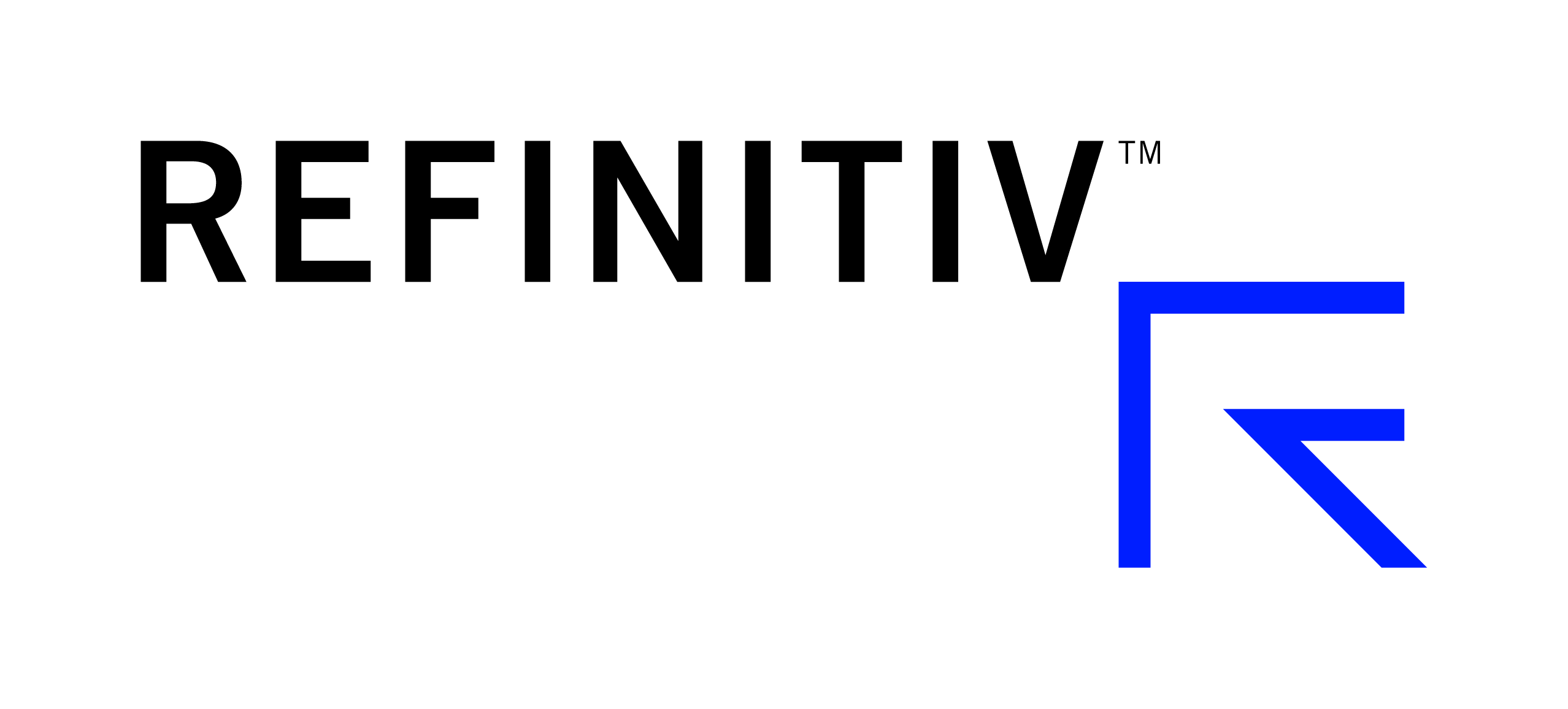
Refinitiv, one of the world’s largest providers of financial markets data and infrastructure, announced today they will donate 100% of brokerage fees from global AUD turnover for three full trading days from 9am Tuesday 4 February to 9am Friday 7 February (AEST) to a range of accredited Australian charities to support the volunteer firefighters and communities impacted by the recent bushfires.
This turnover is inclusive of spot, forwards, swaps and options traded on Refinitiv platforms (Matching and FXALL) and is for all AUD currency pairs.
Refinitiv Managing Director, Pacific, Daryl Sisson, said: “Australia is experiencing its worst ever bushfire season. This situation is serious, and I am grateful that Refinitiv, a global organisation, is fully supportive of local bushfire support efforts. I would encourage all of the FX community to get behind this initiative to ensure we can maximise relief efforts.”
Funds raised from this initiative will be used to support volunteer firefighters, help displaced families and communities, as well as the rehabilitation of injured wildlife, through accredited bushfire relief charities.
In addition, Refinitiv’s employee-led Pacific Sustainable Action team is arranging a number of local fundraising events over the coming weeks. Also, Refinitiv is fundraising globally using its proprietary TicketAid solution and matching all employee donations to the bushfire crises (up to $1,000).
Refinitiv, Chief Revenue Officer, Deborah Walton said: “As an Aussie based in New York, my heart continues to break as I watch the devastating scenes in the aftermath of the raging bushfires across most Australian states.
“I am pleased to see our united, multi-faceted response from all parts of our business in response to this crisis, and I am extremely proud of Refinitiv’s commitment to support the communities in which we operate around the world,” Ms Walton added.









